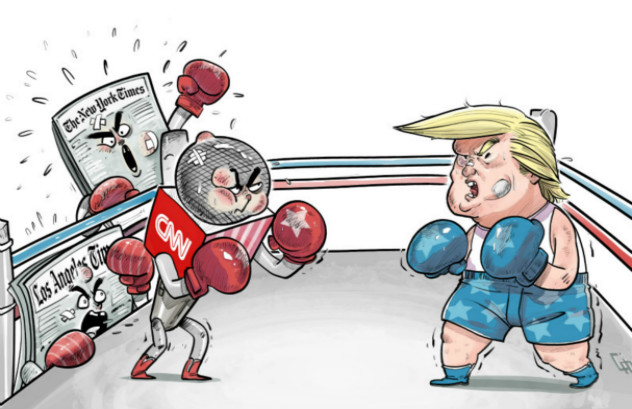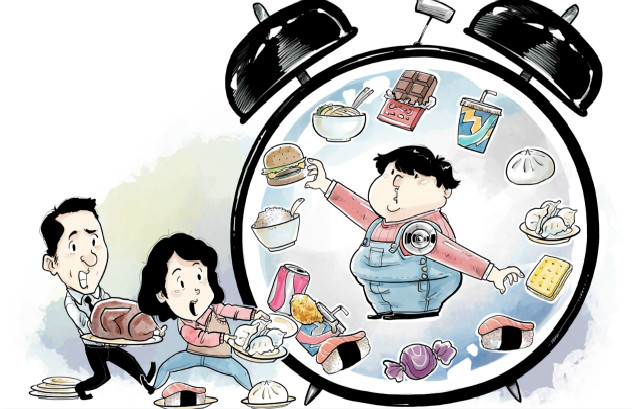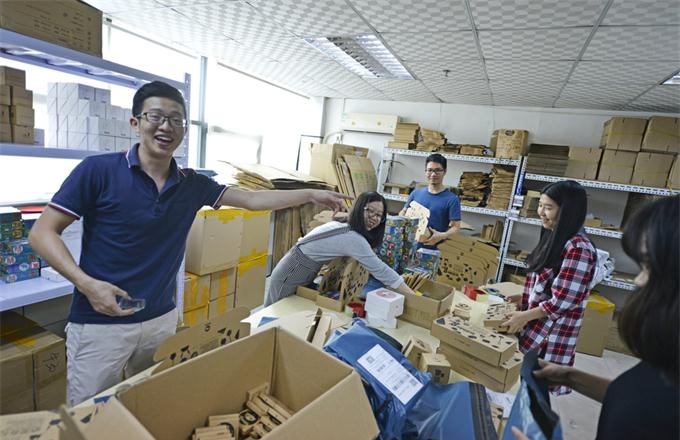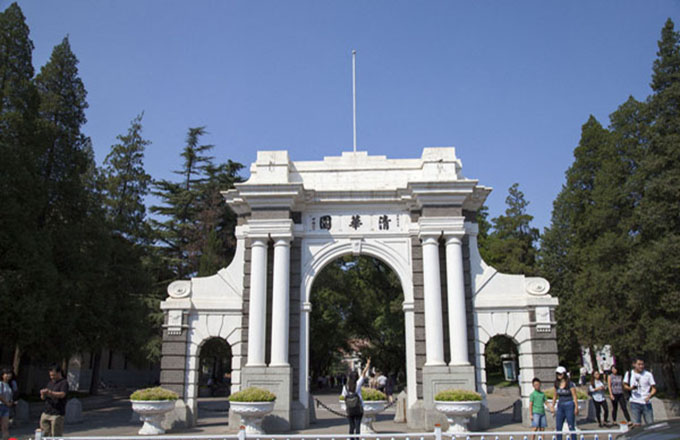How China will win its war on poverty
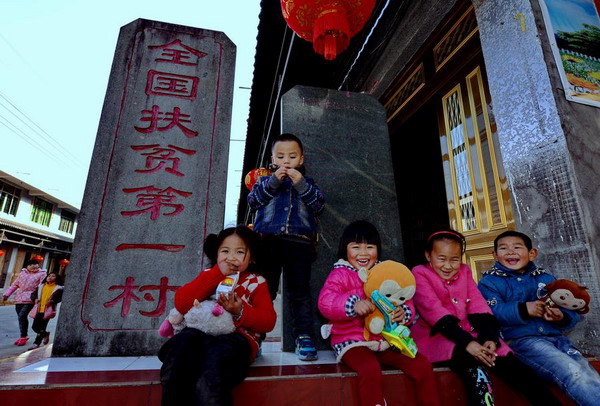 |
|
Children of She ethnic group sit in front of a monument that reads "China's No. 1 Poverty Relief Village" at Chixi Village, Panxi town, Fuding city in East China's Fujian province, Feb 14, 2016. The village has shaken off poverty thanks to assistance from Party and government officials at all levels over the past 30 years. [Photo/Xinhua] |
It is one thing to make promises, but quite another to keep them. The Chinese government has promised to eradicate poverty by 2020-the target year for China to become a "moderately prosperous" society-and the country is confident this promise will be kept.
China's economic growth has been astonishing over the past three decades, but the economy must provide for 1.3 billion people. The gap between rich and poor remains as wide in China as it does in many other countries, and the Chinese government knows it.
But there have been more than 55 million success stories in the past four years. And this drive will not stop until the day dawns when the last person living in poverty finds his or her rightful place as a citizen of a well-off society.
China uses a combination of incentives and policies to tackle the problem, with "precision" the key to their success: spending money exactly where it is needed, and no more than is needed.
"You should not bomb fleas with grenades," means appropriate resources should be used in the right place at the right time. It is the very poorest of people who should feel the most benefit.
Local governments have compiled databases of how many people are living in poverty and why, and timetables for action have been drawn up.
Projects have been arranged according to the specifics of every region, even every family. Better use of resources leads to more and better jobs. People must move to places where jobs are to be found, and where public services are fit for purpose.
Proper training will produce an army of workers with the skills that modern, sustainable industries need. Special care must be given to left-behind children, those who remain in their hometowns while their parents work elsewhere seeking to give them a better life. What the government gives in support should not be taken away again in taxation.
Policy is just the first step. Implementation of those policies is the responsibility of cadres of the Communist Party of China. Cadres at all levels must put the people at center of their work. They must seek out the very poorest and work with them. They must meet their poverty alleviation targets or they will find themselves in trouble.
To ensure impartiality, the work in one place is evaluated by officials from other places. These assessments of the poverty alleviation work are an important yardstick in advancing careers.
Local officials must interact with people and businesses to work out solutions and mobilize all available resources including money, markets and non-governmental organizations. It is a down-to-earth style and hard work that has led to such unprecedented progress.
Corruption, fraud or embezzlement of poverty relief funds will be severely dealt with.
Declaring "war on poverty" is easy. The hard part is striking at the root causes of poverty.
China is the world's largest laboratory of economic, political and social experimentation. Hundreds of reform measures have covered education, healthcare, finance and innovation. Most have proved helpful. After internet training, for instance, tens of thousands of farmers have begun to sell their products online and seen their incomes increase.
China's model may not work in other countries due to different systems and development stages, but it may inspire the world that, as long as a government makes real promises and takes real action, poverty can be conquered. The Chinese government has the courage and wisdom to carry on.




